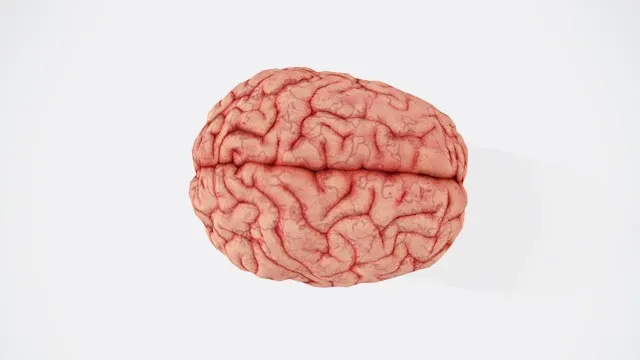
Neuropsychological Testing
Uncover cognitive insights with our Neuropsychological Testing, supported by reputable references for precise assessments.
Get carepatron free
Commonly asked questions
Neuropsychological testing assesses cognitive functions to diagnose and plan treatment for conditions like traumatic brain injury and cognitive impairment.
Individuals of all ages with cognitive difficulties or suspected impairments can benefit from further neuropsychological evaluations and testing.
Neuropsychological testing is distinct, focusing on specific cognitive functions, unlike standard IQ tests that measure general intelligence.







